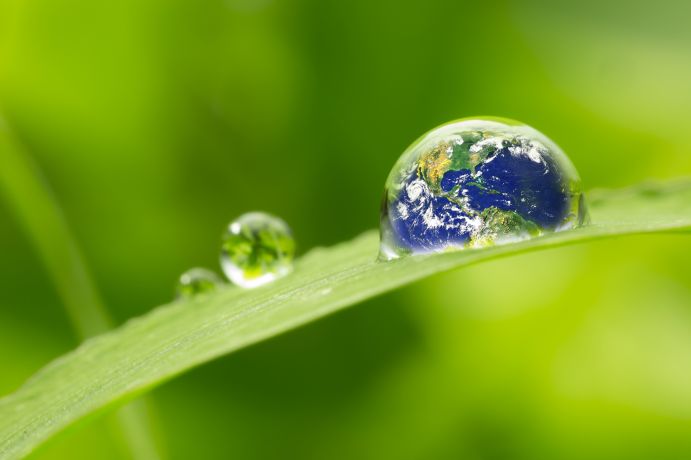Inception Meeting for Atlas of Green Hydrogen Generation Potentials in Africa
The Southern African Science Service Centre for Climate Change and Adaptive Land Management (SASSCAL) is hosting a virtual H2Atlas-Africa project inception meeting. The meeting, to be held on 18 August 2020, will be attended by the Head of Energy and Green Hydrogen Technologies Division, from the Germany Federal Ministry of Education and Research (BMBF) – Dr Christoph Roevekamp, Forschungszentrum Jülich representatives, and identified SADC Technical Experts.
The H2Atlas-Africa project is an initiative of the German Federal Ministry of Education and Research (BMBF) in partnership with a consortium of African relevant research institutions/ organizations. The H2Atlas-Africa project was officially launched on 10 June 2020 at Forschungszentrum Jülich GmbH. Forschungszentrum Jülich GmbH is the lead technical partner and is supported by SASSCAL as the coordinating partner in Southern Africa. The Southern African Development Community (SADC) Centre for Renewable Energy and Energy Efficiency (SACREEE) is a key strategic player for the implementation.
The aim of the H2Atlas-Africa project is to support sustainable and economic development in Africa through a viable hydrogen economy. The project will first and foremost explore the potential of Green Hydrogen production from the vast renewable energy sources within the African continent. The immediate outcome of the project will be an interactive atlas, showing identified Green Hydrogen hotspots. It is envisaged that such a map will provide evidence-based information for policy-makers, researchers, and potential funders about the potential of a Green Hydrogen economy in the region. Transitioning from fossil fuels to renewable energy represents a co-benefit in terms of reduction of greenhouse gases and reducing pollution from fossil fuels.
The project has a high potential of making Africa an exporter of Green Hydrogen, hence gaining more relevance in the international energy market and reducing dependence on fossil fuels. This project is best suited for the SADC region which is generously endowed with renewable energy resources such as solar, wind, and hydro. SASSCAL is a partnership between Angola, Botswana, Namibia, South Africa, Zambia and Germany in response to the challenges of global climate change. It adopts a regional approach to conduct problem-oriented research in the area of adaptation to climate change and sustainable land management, to provide evidence-based information for decision-makers and to contribute to the creation of knowledge-based society through academic and non-academic capacity development.




